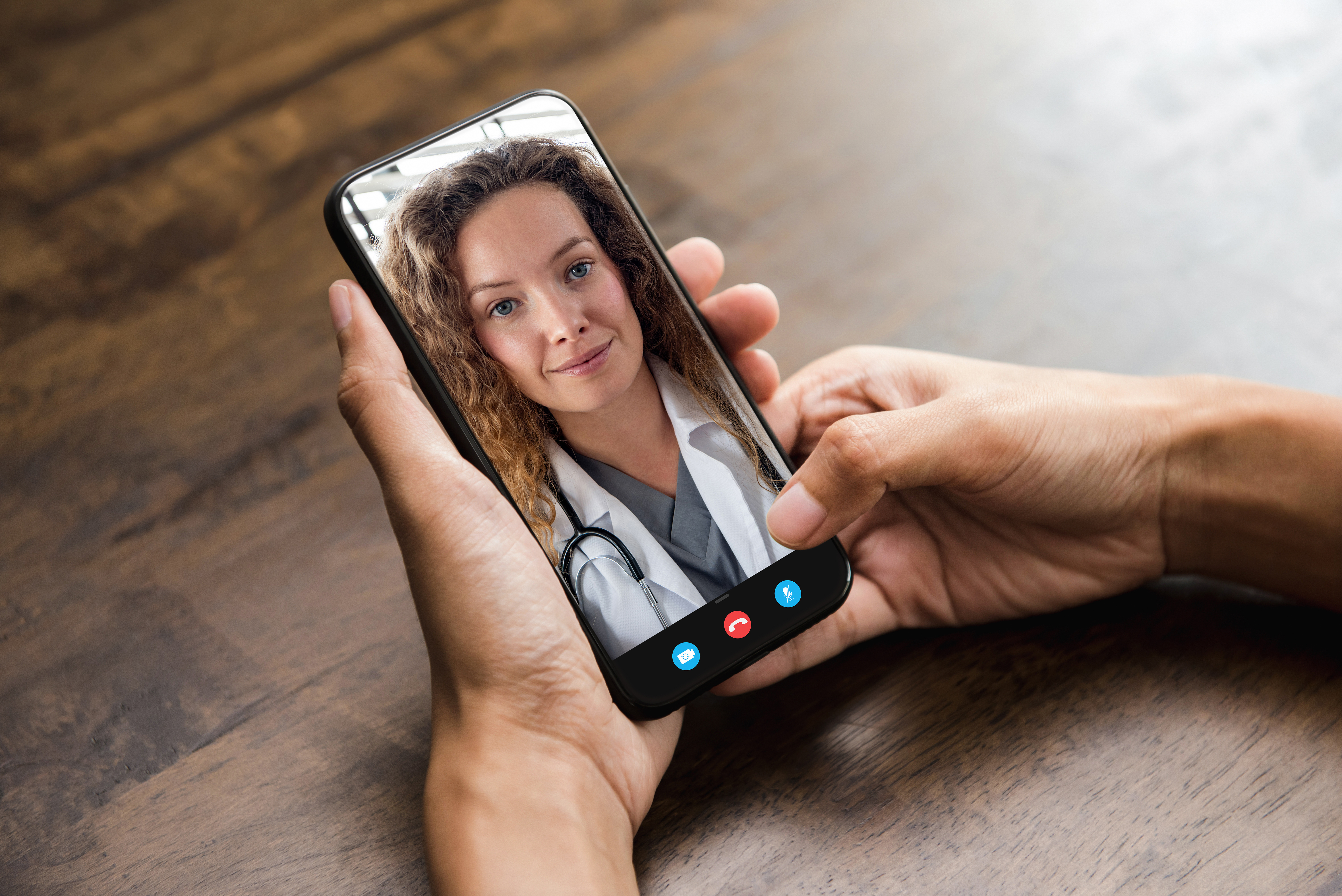
By Tracey Ward, Head of Business Development & Marketing at Generali UK Employee Benefits
Being forced to work – and essentially live – remotely for much of the last year and a half has made virtual GP services a lifeline for many employees.
“These services were taking off before Covid-19, but people having to get used to communicating virtually has definitely helped,” said Dr Kate Bunyan, Chief Clinical Innovation Officer at Doctor Care Anywhere and expert presenter at Generali’s recent webinar on how virtual GPs can support employee mental health.*
“It has also made people more comfortable with video calls. Our figures suggest the number of people using video for their appointments has jumped from about 30% to around 70% of patients.”
And while not all those seeking advice from a virtual GP do so due to mental health problems, by looking after their physical health, they are naturally boosting their mental health – and often heading off potential future issues in the process.
Here’s a summary of Dr Bunyan’s views on why virtual GPs can help to provide a more holistic service, with greater emphasis on the links between mental and physical health.
Connecting the dots
Research shows that 30% of people with a long-term physical condition also have a mental health condition,[i] while those with severe mental health problems have a life expectancy of 15 to 20 years less due to their poor physical health.[ii]
So, only treating one aspect of a person’s overall health and wellbeing is unlikely to lead to long-term success.
“Most GPs aim to treat the whole patient, but so often they only have the time to provide acute care,” Dr Bunyan said. “They are also unable to draw everything together and treat both the physical and the mental symptoms a patient may be experiencing because they don’t have the necessary information available to them.”
Doctor Care Anywhere’s practitioners – like other Virtual GP providers – arguably have more opportunity to use a biopsychosocial model to understand a patient’s needs because they often have access to more information, as well as more time to take a joined-up view of their situation.
“One of the greatest advantages of technology – and therefore of Virtual GP services – is that you can start to bring together all the different components of the health journey,” Dr Bunyan says.
“You can meet with a healthcare professional, receive a referral for diagnostics, get an e-prescription, and have your prescription delivered to your door.”
Creating better outcomes
For people suffering with poor mental health, virtual GP services also have the advantage of making it much easier to access the help they need – both in the immediate and the longer term.
That’s an important consideration for employers, given that the annual cost of mental health problems to employers is up to a staggering £45 billion.[iii]
“Virtual GP services also give you the opportunity for remote monitoring, allowing you to upload your own data and have that virtually managed by a team of appropriate medical specialists,”
Dr Bunyan adds. “That might be mental health data, journaling or looking at how counselling is working for you.”
This is particularly true of men, who are much more likely to make an appointment with a virtual GP than with a normal GP, whatever the reason.
“A national study showed that in the NHS, men in the 16 – 60 age group consult around 30% less than women in the same age group,” Dr Bunyan says.
“But with Virtual GP services, we’re seeing a 50/50 split. Men seem able to interact with virtual healthcare in a way that maybe they don’t feel with a bricks and mortar relationship.”
She also comments that providing health and wellbeing benefits such as Virtual GP services represents just one of the ways in which employers can have a favourable impact on their employees’ mental health, highlighting the power of ‘hope’.
“Hope is as much in the hands of employers as it is in the hands of medics,” she says. “By empowering employees to achieve their smart goals, for example, you’re doing something incredibly positive for their mental health.”
*To receive a recording of the 30-minute webinar ‘How Virtual GPs are supporting mental health’ please email [email protected].
[i] Epidemiology of multimorbidity and implications for health care, research, and medical education; The Lancet, 2012: https://www.thelancet.com/journals/lancet/article/PIIS0140-6736(12)60240-2/fulltext
[ii] Achieving more for people with severe mental illness, NHS, 2019: https://www.thelancet.com/journals/lancet/article/PIIS0140-6736(12)60240-2/fulltext
[iii] Poor mental health costs employers up to £45bn a year, Deloitte, January 2020: https://www2.deloitte.com/uk/en/pages/press-releases/articles/poor-mental-health-costs-uk-employers-up-to-pound-45-billion-a-year.html